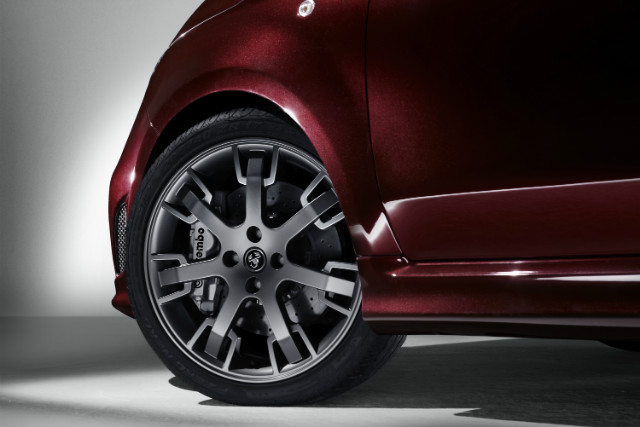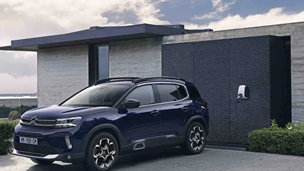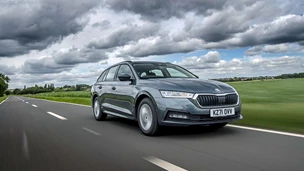Virtually all luxury cars and family cars in higher trim levels nowadays come with alloy wheels. It’s a design feature any motorist in Britain today will have seen lots of times, but why are alloy wheels such a common ‘luxury’ feature and what advantages do they offer over other types of wheels?
Typically, if they’re not standard with the car, alloy wheels serve as an upgrade from steel wheels. As the name indicates, steel wheels are made of steel-plated components, whereas alloy wheels are made from a combination of aluminium plus small traces of other metals.
Advantages of alloy wheels
While steel wheels are durable and inexpensive, they also tend to have a clunky and basic design. This mostly explains why many car buyers are willing to upgrade to alloy wheels as they allow for more diverse and interesting designs, although they are more expensive.

Since alloy wheels use aluminium, which is lightweight, plus other metals for reinforcement, they are considerably lighter than steel wheels but also manage to be incredibly strong. The durability of alloy wheels also benefit the car’s control and steering.
Another thing alloy wheels do better than steel wheels is disperse heat, which decreases the amount of cracking and bending which forms on the wheels over time.
Alloy wheels can also give a car increased brake clearance, which means less effort is needed to push the brake pedal, giving the driver better control when stopping their car.
Having alloy wheels can also benefit the value of a car when the owner decides to sell it on at some point in the future.




